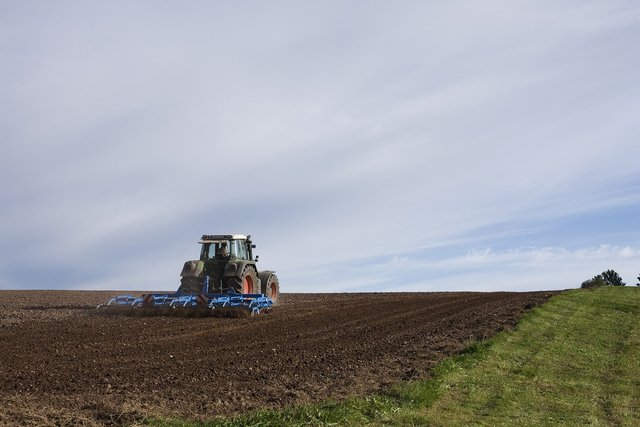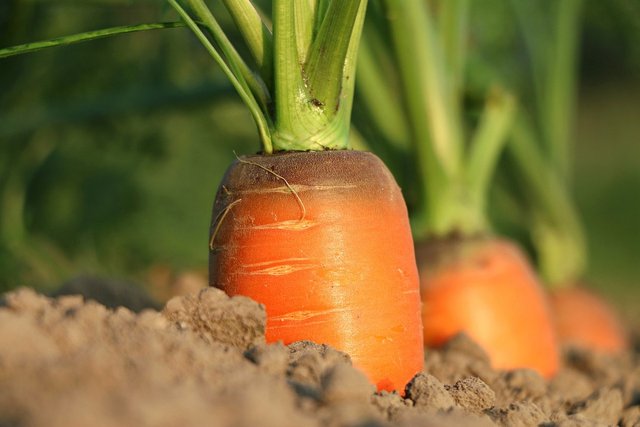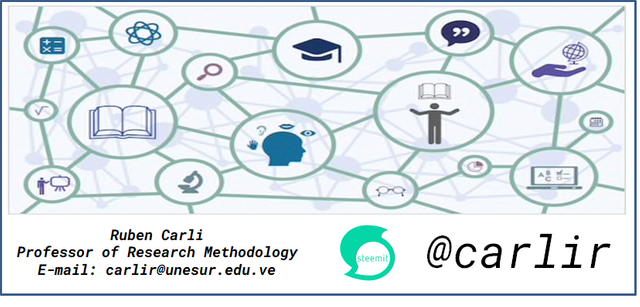Agriculture and its impact on global development.

Agriculture is a human activity that involves the cultivation of plants and the care of animals in order to obtain food, fiber, and other products. Since prehistoric times, agriculture has been a vital source of sustenance for people and has evolved over history to adapt to the needs and challenges of the modern world. Today, agriculture remains a fundamental activity for the survival of humanity. More than half of the world's population depends directly or indirectly on agriculture for their subsistence, either as producers or as agricultural workers. In addition, agriculture is a major source of employment in many countries and contributes to the national economy through the export of agricultural products.
Agriculture has experienced great advances in recent centuries thanks to technology and science. New cultivation techniques have been developed and new varieties of plants and animals have been created that are more resistant to diseases and pests and produce a greater amount of food. Fertilizers and pesticides have also been developed that have allowed for increased yield and efficiency in agricultural production.
However, agriculture also has its challenges. One of the main problems is the dependence on climate and weather. Climate change and bad weather can affect agricultural production and lead to food shortages and price increases. In addition, agriculture can have a negative impact on the environment if it is not carried out in a sustainable manner. The excessive use of fertilizers and pesticides can contaminate soil and water, and deforestation and urbanization can destroy the natural habitats of animals and plants.
To address these problems, sustainable agricultural practices have been developed that seek to minimize environmental impact and protect the environment. These practices include the use of natural fertilizers and pesticides, soil and water conservation, and the promotion of biodiversity. In addition, new agricultural technologies are being developed that aim to increase efficiency and sustainability, such as the use of drones for monitoring and pest control, the use of renewable energies for irrigation, and the use of more efficient and sustainable agricultural production systems.

Source
Another important challenge in agriculture is access to land and resources. In many countries, agricultural land is very valuable and can be very expensive for farmers, especially for small producers. This can make it difficult for young farmers to access land and can lead to land concentration in the hands of a few companies or individuals. To address this problem, policies and programs have been developed that seek to promote equitable access to land and resources, particularly for small farmers and marginalized communities.
Finally, another challenge in agriculture is the lack of investment and support for small farmers, especially in developing countries. Small farmers often have limited access to credit, technology, and information, which can limit their ability to improve their production and incomes. In addition, they may face barriers to market access, such as high transportation costs and limited access to storage and processing facilities. To address these challenges, there is a need for increased investment in agriculture, particularly in smallholder agriculture, as well as policies and programs that support small farmers, such as training and extension services, credit and insurance programs, and infrastructure development.
Overall, agriculture plays a vital role in global development and is essential for the survival of humanity. While there are many challenges facing agriculture, there are also many opportunities for improving the sector through the use of technology, science, and sustainable practices. Ensuring that agriculture is sustainable, equitable, and productive will be essential for meeting the needs of a growing global population and for achieving a more prosperous and sustainable future for all.



I would really love to own my own farm someday, how else do we feed without agriculture? Although it is not always smooth, I have also read that there is so much profit to be made there as well.
Greetings, there are many people who have a farm and do not take advantage of it and there are other people who want to have a farm to be able to produce their food, it is really very difficult to produce but with organization everything is possible, I hope you have the opportunity to have a farm.
While so many people are trying very hard to shy away from gtting on to farm work, we cannot deny how much agriculture is needed for our daily survival, through technology, it is not as stressful as it used to be, and it is something to be grateful about.
Greetings, that's right my friend, many people today avoid the countryside where the food we eat is produced, this is very sad and we hope this situation will change soon.
Agriculture has changed a lot in the last twenty years and has become increasingly technological, but its importance has never changed. I consider it the first source of livelihood, more important than money itself
Hello, your comment is very true, technology has been immersed in agriculture to improve everything related to it, hence the importance of maintaining a highly technified agricultural field.
@tipu curate
Upvoted 👌 (Mana: 2/4) Get profit votes with @tipU :)
Thank you for your support
I liked your analysis of the importance of agriculture, really our evolution as a society is thanks to agriculture, unfortunately much of the food produced is wasted in the countries of the first and second world.